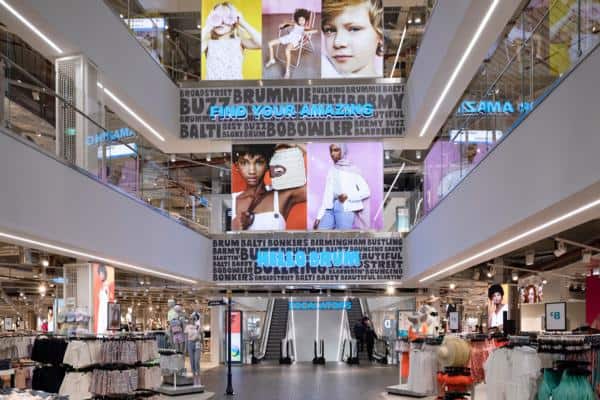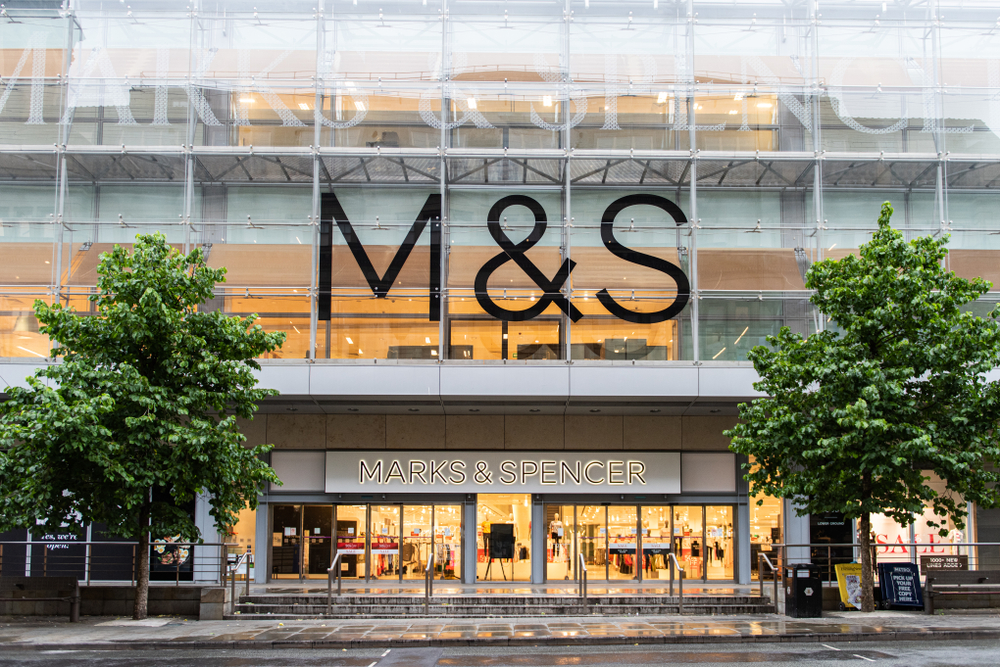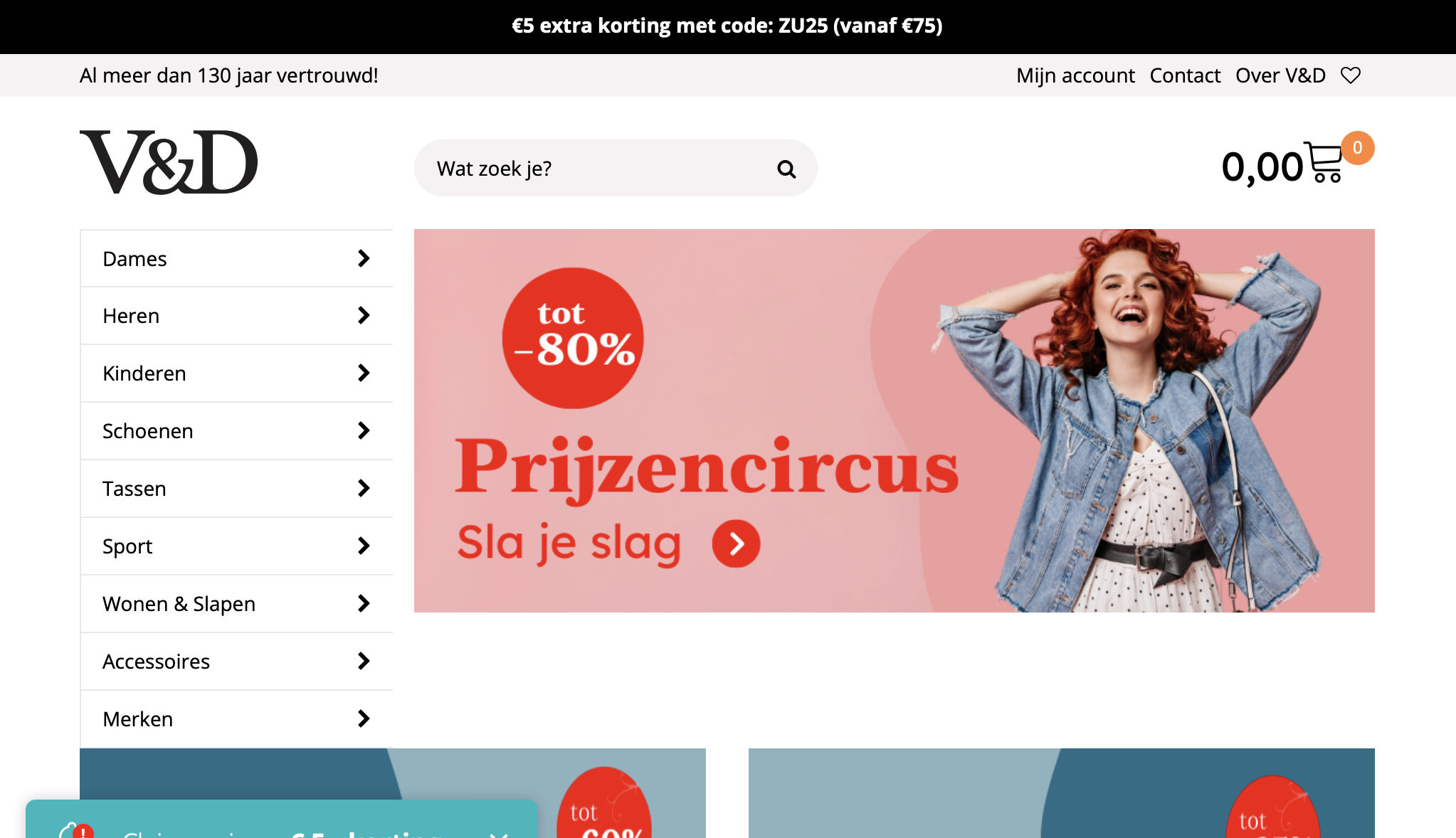Boohoo Group today reported a 40% rise in pre-Christmas sales, following a year in which it has added the Oasis and Warehouse retail brands to its pureplay business. The retailer also said it had removed 64 suppliers from its supply chain after a year in which it has investigated and acted to improve supply chain standards.
Group sales reached £660.8m in the four months to December 31, 40% up in total on the same time last year. UK sales of £357.2m were 40% up on last time, while US sales of £167.7m were 52% ahead. European sales of £90.4m were 30% up, in the rest of the world, sales of £45.5m were 20% ahead. There was a similar pattern in the ten months to the same date, when total sales of £1.5bn were 42% up on last time.
Looking ahead, the retailer expects sales to grow by between 36% and 38% in the year to February 28, with earnings around 10% ahead of last time. In the medium term, it expects sales to grow by 25% a year, and earnings by 10% as it invests both in growing the business and in raising supply chain standards.
In May, the retailer raised £200m in order to take advantage of buying opportunities during the Covid-19 pandemic. Since then it has bought the final 34% of Pretty Little Thing that it did not previously own, and has bought Oasis and Warehouse’s online businesses and IP out of administration for £5.25m. The retailer now owns brands including Karen Millen and Coast, which it bought out of administration in 2019, and Nasty Gal.
Today the retailer said it had integrated and relaunched the Oasis and Warehouse brands on its own multi brand ecommerce platform, and is close to opening an extension of its UK warehousing capacity. A new site is on track to open in April 2021, creating up to 1,000 new jobs. It is expected to be used by the Nasty Gal, Karen Millen, Coast, Oasis and Warehouse brands.
Boohoo Group chief executive John Lyttle says: “I’m delighted with the group’s performance over the peak trading period. Our team worked exceptionally hard in 2020 as we navigated the many challenges, including the Covid‐19 pandemic and the successful acquisition and integration of Oasis and Warehouse. Growth has been strong across our multi‐brand platform and we have continued to grow our market share across all geographies.”
Agenda for Change
During 2020, Boohoo Group responded to newspaper headlines that workers in Leicester factories were both underpaid and unprotected from Covid-19 by commissioning an investigation into its UK supply chain and appointing senior judge Sir Brian Leveson to oversee its Agenda for Chain programme. Leveson’s first report has now been published, and Boohoo says it is pleased with its progress on the issue. So far it has removed 64 suppliers from its UK list of suppliers, while also establishing oversight of its approach in this area.
Lyttle says: “I’m pleased to be able to provide a further update on our Agenda for Change programme today, which demonstrates our ongoing commitment to transparency as we invest in our approach to sustainability and our supply chain for the benefit of all of the group’s stakeholders. The group is in an excellent position entering 2021, which we expect to be another year of progress towards our goal of leading the fashion ecommerce market globally.”
Brexit
The fashion group has set up operational systems in order to minimise the impact of Brexit on its business in Europe. But it says it expects a “small cost headwind” from higher distribution and administrative costs that it will mitigate where it can.
Boohoo and Karen Millen are ranked Top100 in RXUK Top500 research, and Oasis is Top50, while Coast, Warehouse and NastyGal are Top250.
Primark counts the cost of lockdown
Store-only fashion retailers Primark says that its sales were 28% down on the same time last year – in actual exchange rates – over the Christmas period. Its parent company Associated British Foods (ABF) now expects the retailer to break even in the first half of its financial year, which runs until February 27.
ABF says Primark sales in the 16 weeks to January 2 were hit by store closures in the UK and Europe as different governments put measures in place to limit the spread of Covid-19. When stores were able to open, trading fell by 14% on a like-for-like basis that strips out the effect of store openings and closures. The fall reflects wider changes that have kept office workers and tourists at home during the pandemic. Sales were higher in retail park stores, but lower in those located in shopping centres and regional high streets. When stores were open and 16 large city centre stores were closed, LFL trading was 10% down.
For the periods when stores were closed, however, Primark estimates it lost sales worth £540m. Currently, 305 of its shops, representing 76% of selling space, are closed. Those in Italy, France, the US and Belgium are currently trading as normal.
If stores remain closed to the extent that they are now until the end of its first half, the retailer expects to lose sales of £1.05bn and to break even over the first half. But if all its stores closed and stayed closed till the end of March, it would lose a further £0.8bn, hitting its contribution to profits by £0.3bn.
Primark, owned by Associated British Foods, says that it sold out its Christmas and gift stock during extended opening hours in the run-up to Christmas, and was able to reduce markdowns on the same time last year. It will honour all orders from suppliers, and will store autumn and winter stock worth about £200m in its warehouses to sell later this year.
Brexit
ABF says its businesses were well prepared for the end of the Brexit transition period. “As a result of the free trade agreement with the EU, together with the UK’s negotiation of trade continuity agreements with other countries, we expect to see little impact from changes in tariffs,” it says. “At this early stage, we have seen no material disruption to our supply chains.”









